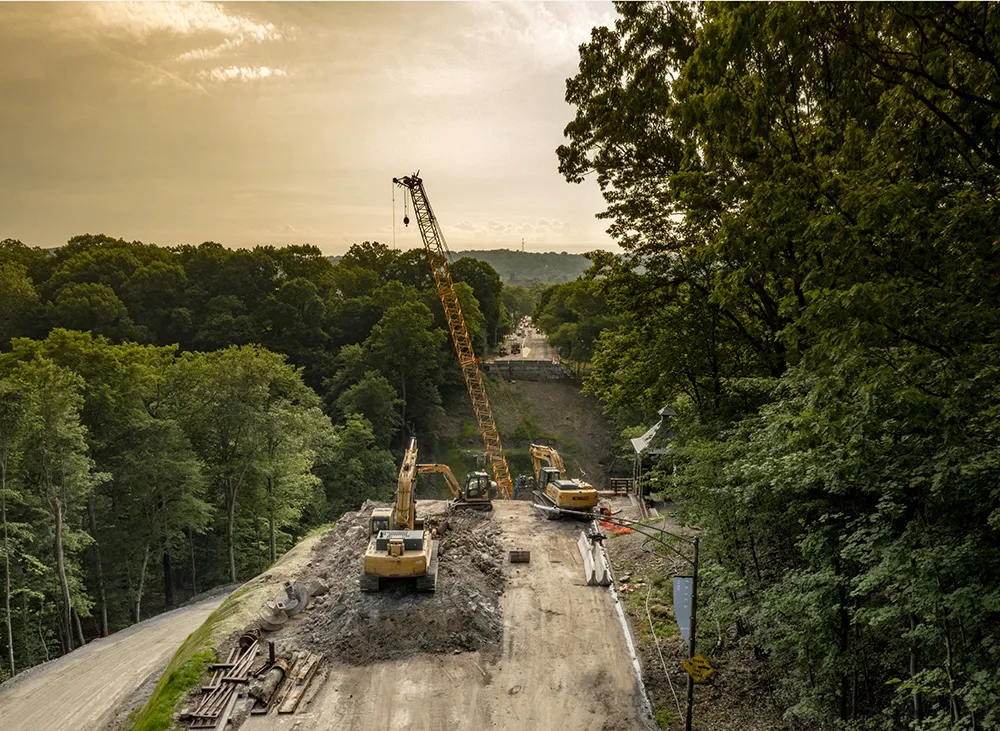Construction work is due to start shortly on the new Frunzensky Bridge in Russia, which will span the Samara River. The project is expected to take 35 months to carry out with the start date having been announced as December 2014. The work will also include building a new junction to connect the approach to the bridge with an existing highway. The project cost has been budgeted at just over US$264 million.
October 21, 2014
Read time: 1 min
Construction work is due to start shortly on the new Frunzensky Bridge in Russia, which will span the Samara River. The project is expected to take 35 months to carry out with the start date having been announced as December 2014. The work will also include building a new junction to connect the approach to the bridge with an existing highway. The project cost has been budgeted at just over US$264 million.







